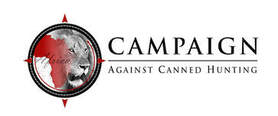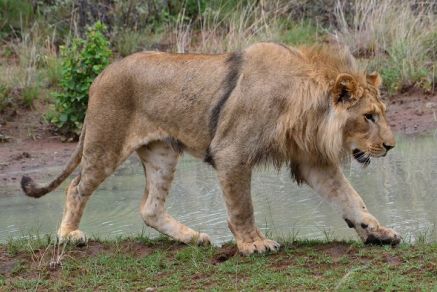There is a lot of buying of lions taking place under the banner of rescue. Often as not, the begging bowls then come out, and animal lovers are subjected to moral blackmail, in the form of: 'donate to us or we'll have to put them down.'
Campaign Against Canned Hunting will not be part of any such undesirable practices. Recall that CJ and Luis went the extra mile to get the Spanish authority SEPRONA to confiscate the two street cubs, before we all brought them out to Kevin's sanctuary as Yame and George.
CACH has its own wildlife rescue centre, Karoo WC, and this is the Animal Acquisition Policy which governs it:
3.2. Animal acquisition policy
No AWC sanctuary shall, without compelling reason, purchase or give any kind of consideration, whether directly or indirectly (e.g. swopping of animals, acceptance of services etc) in the process of acquiring any animal.
Ideally, no AWC sanctuary would purchase or provide compensation as a condition of acquiring any animal. All animals in an AWC sanctuary should have been confiscated by relevant authorities, surrendered or donated by the person/s holding the animals. AWC members agree to make every effort to educate such person/s in a positive and interactive way, not to take animals out of their natural environment.
However, circumstances alter cases, and it may sometimes be necessary for a sanctuarian to purchase animals, to save their lives or to remove them from intolerable conditions. Animals are often purchased from intolerable circumstances. eg chained monkeys. Even the internationally respected Animals Asia Foundation has had to rescue hundreds of Chinese Moon bears by purchase.
When doing so the sanctuary should bear in mind that by doing so it is promoting the keeping of animals in captivity, and that it should try to strike a balance between the welfare of the particular animal and the broader interest of animal protection. Care must be taken that sanctuaries do not create a market place for the trade in indigenous wildlife. Working with Police, NSPCA and conservation authorities to remove an animal from poor conditions to a reputable AWC sanctuary without payment is a better option.

